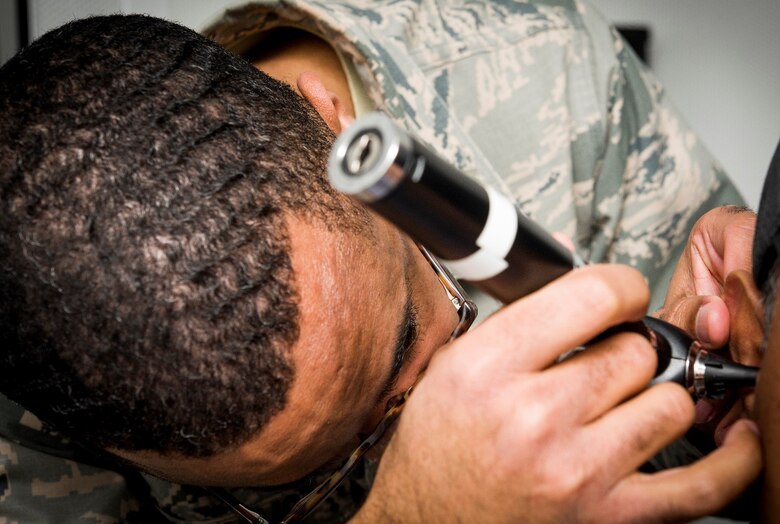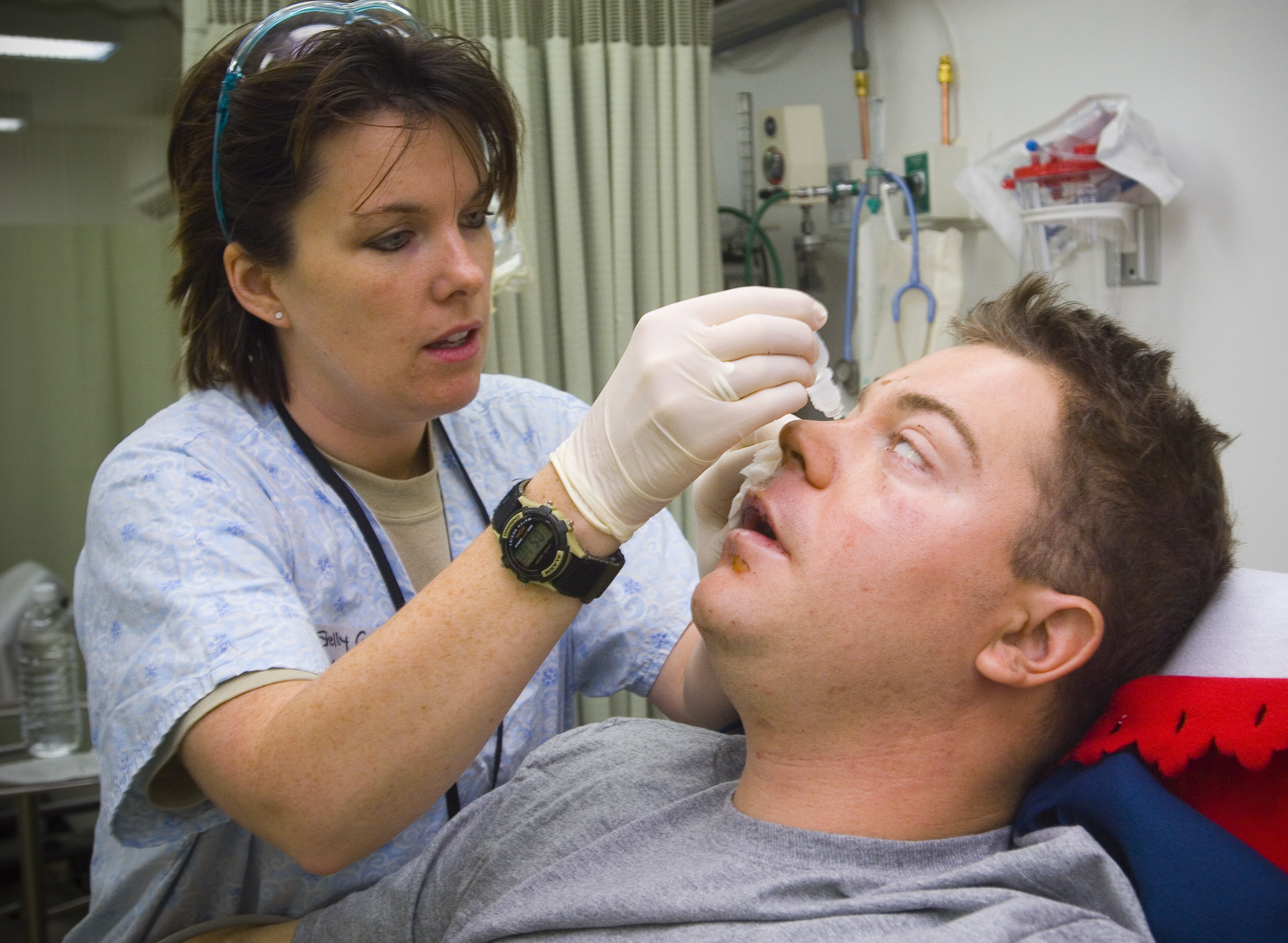Hearing loss is a decrease in your ability to hear noises generally. It can occur from birth (genetic), http://zionqdmh144.blog.fc2.com/blog-entry-2.html or it can take place in time. Depending upon the source, it can be small or extreme, quick or sluggish, and short-term or long-lasting. According to sources, this can afflict individuals of all various ages, and is the third-most typical long-term health issue in older Americans. In truth, approximately 40 out of 100 people aged 65 and older experience some type of hearing loss, and up to 80 out of 100 people older than 85 are impacted too.
Hearing loss is most typically triggered either by noise (continued direct exposure to loud sounds - i.e. music or lawn-mowers) or by age (modifications in the inner ear, resulting in gradual but permanent loss). Hearing loss may also be brought on by: injury to the ear or head, ear infection, an item in the ear, earwax accumulation, a burst eardrum, and so on
. Individuals impacted may experience the following: stifled sounds; the ear feeling "plugged"; difficulty understanding speech (especially when background noise is present); a need to show up the volume on the TV or radio; ear discomfort, itching, or irritation; fluid leaking from the ear; a ringing or buzzing noise (tinnitus); or dizziness or vertigo.
To detect a loss of hearing, a doctor will initially carry out a physical exam, including a close appearance inside the ear with an otoscope instrument, and a review of signs and previous health history. The doctor will then administer several hearing tests (including a "whisper" test and a "tuning fork" test) to figure out the presence, type, and severity of hearing loss, in addition to to discover which part of the ear is impacted.
Depending on its cause, hearing loss can be treated in numerous different ways. Medication for infections or earwax removal may bring back hearing with specific kinds of short-term hearing loss. For age-related or noise-induced, a hearing help or other device can assist amplify sounds. In cases of severe or permanent hearing loss, finding out to "read" individuals's lips, facial expressions, posture, and gestures can provide some help.
To prevent loss of hearing, avoid or lower direct exposure to loud noises (i.e. makers, power tools, magnified music, bikes, etc.); wear earplugs or earmuffs to soften extremely loud sounds; wear a helmet when cycling or snowboarding or engaging in other activities that might cause injury to the ear; and of course, wear a seatbelt when driving.
Audiologist Calgary
725 12 Ave SW
Suite 703
Calgary, AB T2R 0H9
587-329-3671




